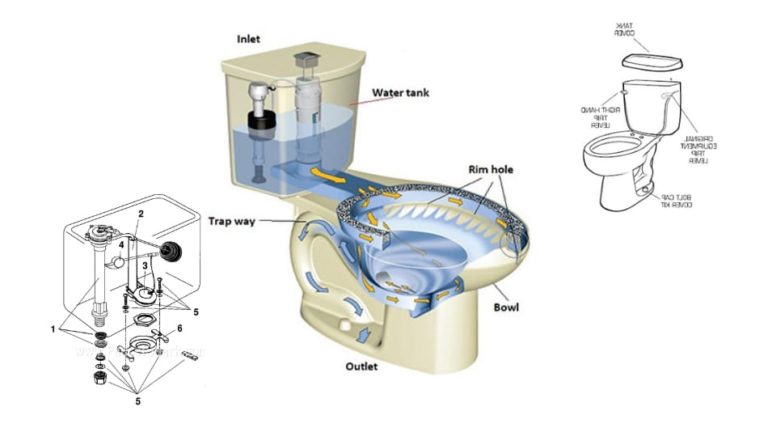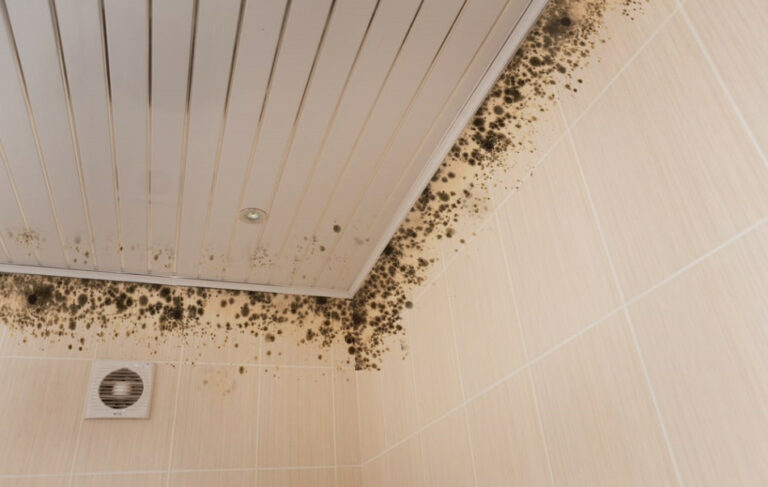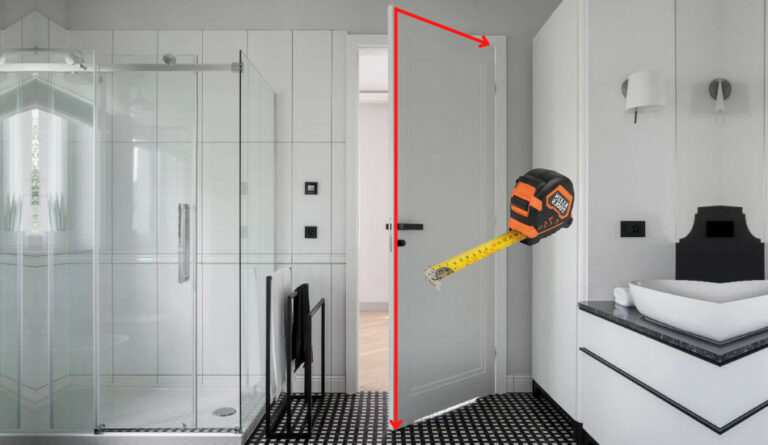Finishing Basement Without Permit (Risks & Consequences)
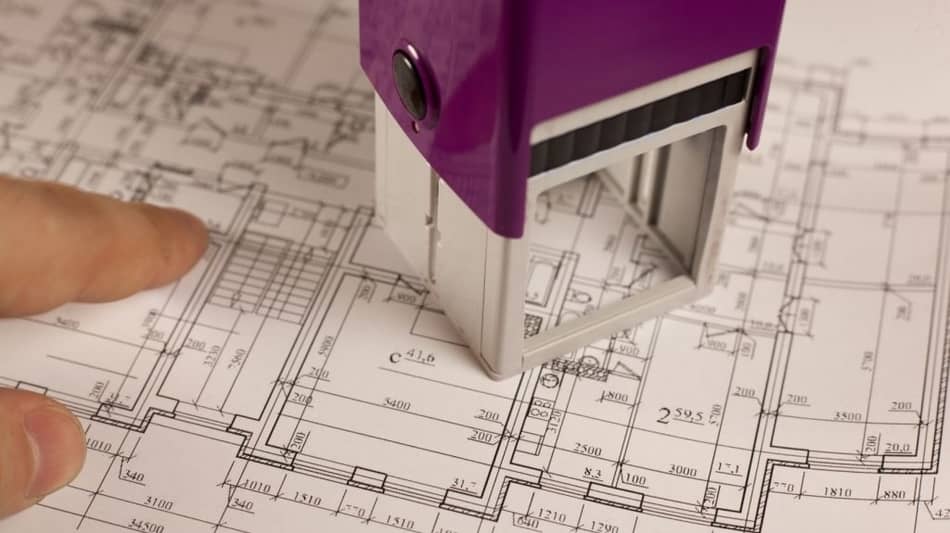
Renovating the basement is one of the most complicated home renovations. Although they are not common, they are done every 10 to 15 years. Basements are often turned into game rooms, man caves, party areas, or even separate living spaces meant for rental. In this article, we’ll talk about finishing the basement and whether it requires a permit. So, let’s start!
Table of Contents
Finishing Basement Without Permit?
So Can You Finish Basement Without Permit? A basement remodeling and finishing usually require a permit if there are any changes to the walls. A permit is also needed for any modification that includes electrical, plumbing, or HVAC service while changing the design and appearance of the basement, on the other hand, doesn’t need a permit.
Most people do not assume that making some changes or adding a room in the basement should be confirmed with a permit when renovating. If renewals of this sort are done without a permit, they can lead to getting fined or, even worse, having something collapse. Permits can be annoying, but they ensure that everything has been done properly, making it safer for those living there.
Also, be sure to read our article about Finish A Basement Without Drywall Or Studs.
What happens if I finish my basement without a permit? In the next chapter of this article, we will analyze the possible risks of carrying out a basement renovation without a building permit. Additionally, we will list what type of renovations demand a permit and which do not.
When You Need A Permit To Finish A Basement?
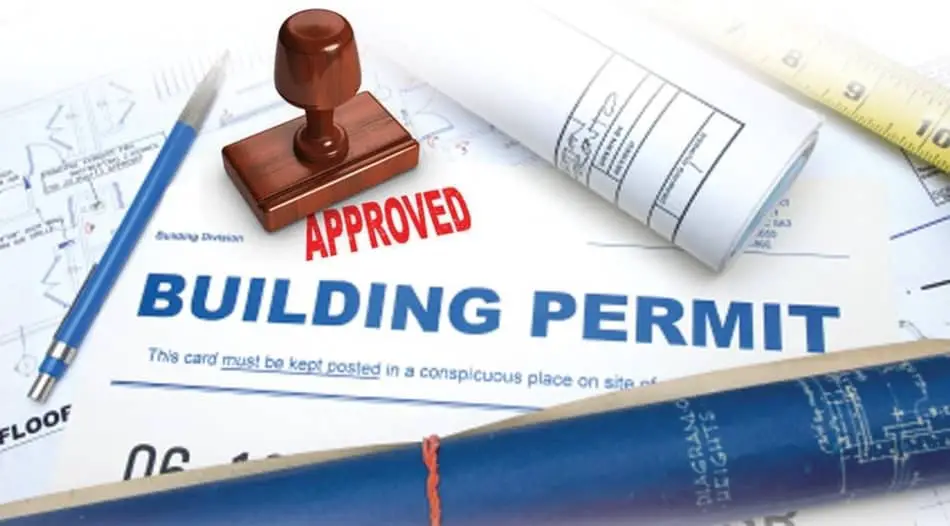
The amount of restoration that you will do determines whether or not you need a permit to finish your basement. Placing some carpets down and painting walls does not require permits, but installing new walls and wiring power does. The need for a permit can also depend on wheatear your basement is wholly or partially finished.
Although putting up drywall appears to be a simple task, building inspectors and structural engineers tend to examine what’s behind the wall before it’s permanently hidden. This is why every additional space in the basement, even if it’s only a side wall, demands a permit. Also, any type of electrical, HVAC work or even plumbing requires a permit.
You should be aware that rules to permit issuing depend on where you live. That’s why you shouldn’t be surprised if you get different answers to the same questions at different locations. For example, if you want to do drywalling or framing in New York, you’ll need a permit, while in Colorado, you’ll need a permit only when new walls are built, or power lines are installed.
Is It Illegal to Finish a Basement Without a Permit?
To begin with, failing to get a construction permit to complete your basement or any other home renovation is a violation of a by-law, not a law. By-laws are local laws enforced by the municipality and not by police law, designed to guarantee safe construction methods.
Even though it doesn’t sound dramatic, not getting a construction permit when one is necessary is a violation of a bylaw, and it’s illegal. There are consequences if these procedures are not followed, but they do often go unnoticed.
The same building code stated by the government’s building services department is followed by the majority of municipalities in the United States. Some minor authorities sometimes add additional information here and there, but most areas within a state follow the same rules.
Likewise, most jurisdictions in Canada adhere to provincial building regulations. Therefore, municipal building inspectors and/or by-law officers enforce the Canadian building code locally.
What Happens If I Finish My Basement Without a Permit?
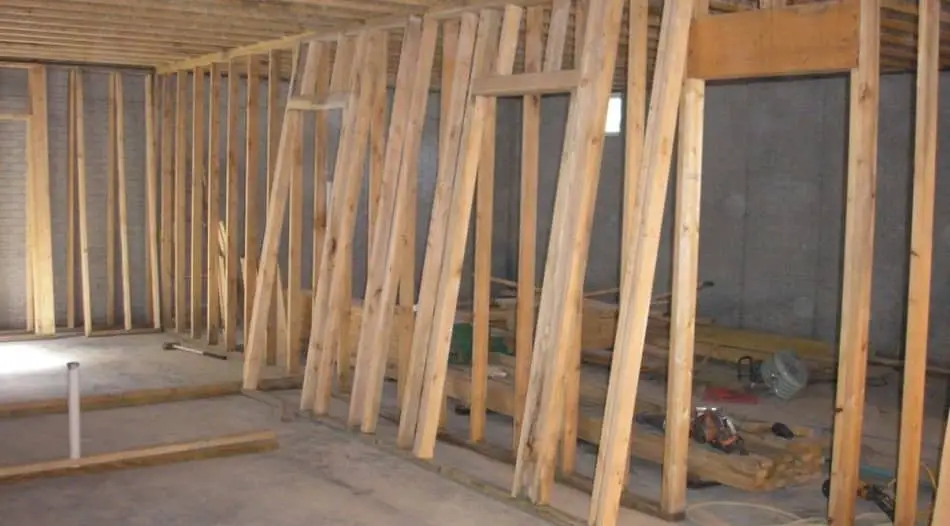
The state or the city has numerous options for penalizing someone who finishes a basement without a permit. While arrests and jail time are not possible in these situations, serious consequences such as large financial losses and house fines can be extremely difficult to overcome. Let’s have a look at the fines and penalties that are possible:
1. Fines
A fine is one of the most prevalent consequences of failing to get a basement finishing permit. These are simple to charge and are frequently issued in combination with removing any unauthorized work. That situation is usually horrible because all the invested money is going to waste, extra money has to be spent for removal, and the main goal, a renovation, is not fulfilled.
Some cities might allow first-time offenders to submit a retroactive permission application rather than remove the work that has already been performed if the fee is paid, but that is not a rule. The permit must still be authorized, as well as mandatory site visits must be performed. Even though the retroactive permit application process is troublesome, it is still better than demolishing a freshly finished basement.
What are the fines, and how much do they cost? This usually depends on where you live! Failure to get a building permit for modifications in Florida, for example, is subject to a fine of $200. Simultaneously, in Baltimore County, Maryland, the punishment for failing to get a building permit to complete your property begins at $1,000.
2. Removal of Work Already Completed
Many city communities demand that the homeowner who completed their basement without obtaining a permit restore the space to its “original state.” That means you’d be obliged to demolish everything if you didn’t have a construction permit, even if you’d gone through the bother of turning an unfinished basement space into a fully finished section with rooms.
It’s also worth noting that the owner is responsible for any costs associated with restoring the basement to its previous state. If the homeowner does not comply, jurisdiction will usually impose higher penalties or take more extreme legal action, such as filing a criminal charge against them.
3. Home Value Is Reduced
Besides the previously mentioned fines, reduced home value is also one of the possibilities if you don’t have a permit for basement finishing. That’s because the purpose of a building permit is to guarantee that homeowners finish house modifications appropriately and there is no second opinion available that can ensure that all work has been done safely.
Illegal renovation can compromise the safety of others in your home or cost you additional money in the long run to fix problems that could have been detected earlier. Your home’s value will suffer as a result of this.
Furthermore, potential purchasers could ask their lawyer to retrieve all submitted permits for your address when you try to sell your property and notice some are missing. That’s when many buyers can drop out of the contract or propose a smaller offer.
4. Lack of Coverage or Increased Insurance
If the issues already mentioned weren’t enough, there’s more. In the case of a disaster, a finished basement that did not get the necessary permits would not be covered by home insurance. Even if you spend thousands of dollars finishing your basement, your insurance company may not pay any of the expenses of replacing those goods.
If your insurance company is covering the costs, that usually means they are being sneaky about it. They tend to increase your rates above normal to cover your new completed basement without a permit. The reason for this is the fact that spaces that have not been adequately inspected by a building inspector have a far higher risk of harm or tragedy.
As a result, your house insurance rate would be greater than if you had obtained the necessary licenses. Permits are valued by insurance companies as an assurance that the work done on your home is safe and improbable to fail, break down, or create some form of insurance-related calamity.
5. House Condemned
Failure to get the appropriate inspection permit might result in your home being condemned, which is unlikely but possible. That’s why those who wish to finish their basement but do not follow the rules can risk causing significant damage. Damage like bad cases of black mold or infrastructural breakdown is what makes a house condemned. Many governments would simply use this against them as a threat, indirectly forcing the homeowner to resolve the issue.
However, there’s also a risk that the problem is more than what can be remedied, or that the owner doesn’t have the funds to remedy it. Also, keep in mind that insurance will not cover damage caused by completed improvements without the required permits. A home may be destroyed in these rare, but occurring, circumstances.
6. Mortgage Refinancing Jeopardized
In case you need to refinance, or your current mortgage term has ended, and you have to reapply for a new loan, keep in mind that mortgage lenders will only grant solely on the square footage that has been recorded. As a result, added nonpermitted living space, won’t be included in your total square footage.
Since many states don’t even consider basement spaces (completed or non-completed), installing a basement won’t harm your remortgaging endeavors. Some counties do consider basements to be “additional living spaces.” In this case, the square footage of your basement could be added.
Keep in mind that the mortgage lender still won’t accept the nonpermitted basement. This lowers the value of the house appraisal, allowing the lender to walk away from any agreement.
Is It Possible To Get a Permit For Already Finished Basement?
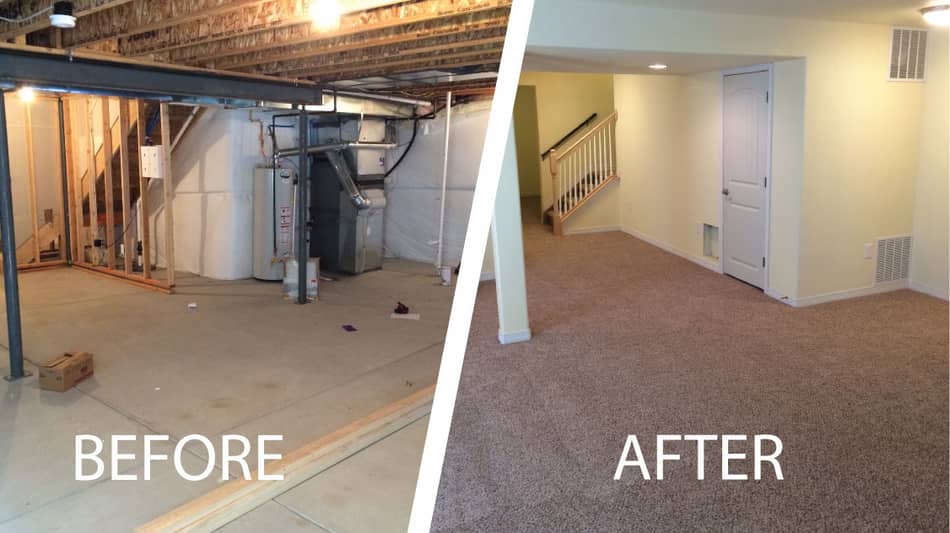
A permit can be obtained for a basement that has already been finished. It can be an annoying process, but it’s doable. If you move into a residence and learn that a permit was never sought for, you can make a request for a retroactive permit at your local building services office. An inspector will come out and tell you what needs to be fixed or just sign off on the permit for a fee.
It’s worth noting that the inspection may need to remove drywall and insulation in order to view behind the walls. If you didn’t finish the job, your title insurance may pay the restorations’ costs. You would be responsible for any charges if you did the work yourself, though.
Is Permit Required To Remodel The Basement?
If any walls are built or removed, a permit is required for a basement remodeling project. Any changes to your basement’s electrical and wiring, sewage, or HVAC systems, including expansions, will require a license. You may not require a permit if you are only changing the appearance of your basement, such as changes in flooring, painting walls, and getting new furniture in. Certain localities have a financial restriction for how much you may spend on a makeover before a permit is necessary. It usually ranges approximately around 6000 US dollars.
For those who want to learn more make sure to read Cost Of Lowering Basement Floor – Builder Explain.
Final Thoughts
Failing to get a permit for basement completion has both, long and short-term, consequences. When you finish your basement incorrectly, you risk causing long-term harm to your property, lowering its worth, and perhaps jeopardizing your ability to acquire a new mortgage, sell the property, or insure the new room.
Financial penalties, work removal, and criminal charges may all be avoided by just contacting your local building services department and learning about the permit application procedure. There are no valid reasons to put off acquiring a basement finishing permit.
You’ll find the experience to be simpler than you anticipated, and the inspector will most likely provide you with some helpful advice. The penalties for not obtaining permission are simply too severe. If you have any questions, feel free to reach out to us.


